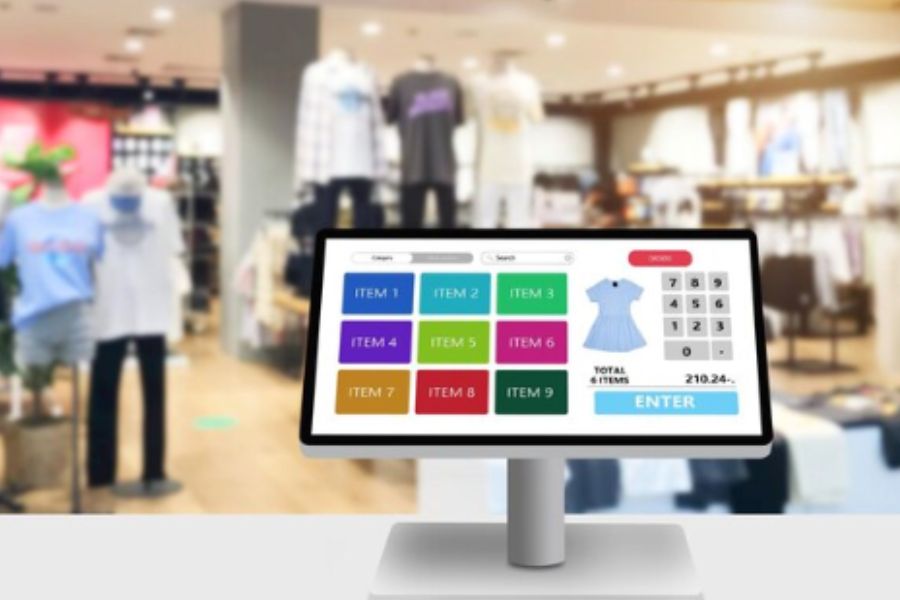Obsolete inventory can leave a considerably negative impact on your bottom line. Below, we will provide details about its definition, impacts, as well as how to handle, prevent and decrease these dead stocks.
Definition of obsolete inventory
Obsolete inventory means goods that have got their lifecycle end. It occurs when your firm regards them as not usable anymore. The most likely reason is that they cannot be sold because of an insufficiency of market need and value. Stocks often turned into dead inventory following a specific period of time and the attainment of their lifecycle end.
Its negative impacts
Of course, you buy or make stocks with the hope of selling them. Because you fail to sell dead stocks, they are deemed a loss. Also, they can affect your business’ profit margins.
As soon as you consider some stocks as obsolete inventory, you cannot think of them as an asset. In the wrap-up of a fiscal year or the like, you need to report the unsellable stocks as a stock write-off according to the GAAP principles.
As you can see, consumers nowadays have high expectations. Therefore, the lifecycle of goods has been shorter. So, stocks in businesses such as fast fashion turn obsolete more quickly.
How to handle obsolete inventory
Write off dead stocks
Your dead stocks have not been deemed an asset in case they no longer has value. Therefore, you should write off them as a loss on the financial statements of your business. That stock write-off will assist you in decreasing the tax liability.
Put goods at a discount
In case your goods still possess some potential, you can sell them at a lower price. For example, you can run a flash sale. Dead stocks are able to affect your ideal profit margins. But placing them at a discount could assist in replenishing a few of the costs by drawing in bargain customers. Also, you have the option to bundle dead stock products with a popular product.
Remarket goods
In case your goods still possess some sales potential in a particular market, you can make proper changes to your marketing plan. For example, you can adjust your target customer in marketing or advertising plan. Also, you can sell the goods on a different sales platform.
How to prevent and decrease obsolete inventory
Leverage stock control system
You can get a powerful stock control system. It should assist you in monitoring stocks and forecast selling trends in the future. Also, it should be able to recognize slow-selling goods before you place the next rebuying order.
Check out real-time information about your supply chain
Constant access to information throughout the supply chain is advantageous for stock control. In this way, you can get the latest data related to stocks levels. Furthermore, this allows you to have access to manufacturing timelines, warehouse receiving status, as well as other details.
In conclusion, the above are a few best ways for you to eliminate the headache of obsolete inventory. Contact us for more information.



